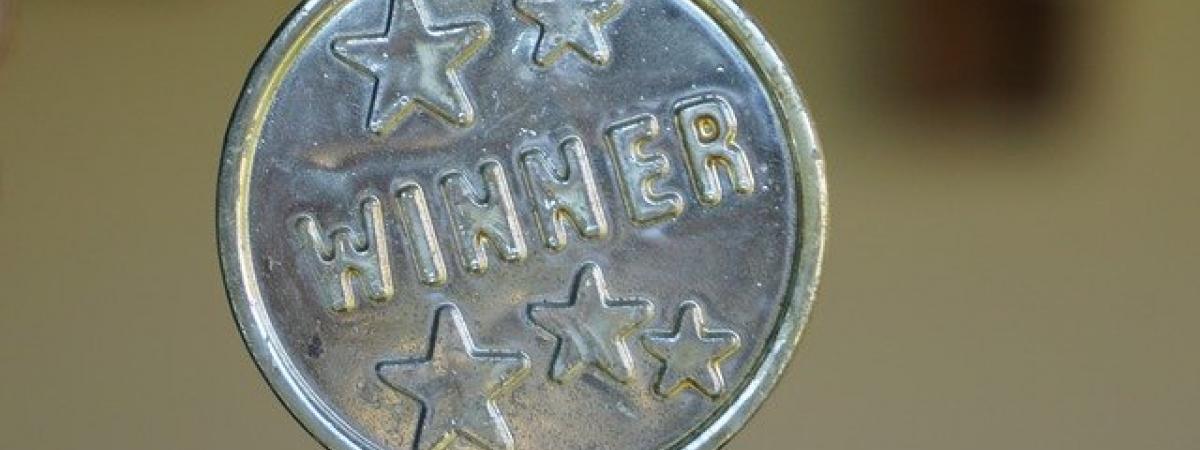The kidney hormone that helped win a Nobel Prize

Did you know that your kidneys do a lot more than make urine? Important in blood filtration and in balancing blood pressure, salt and acid levels, your kidneys also help make vitamin D, and a heroic hormone that alleviates altitude sickness and anaemia. Known as EPO, this hormone was the inspiration behind the highest accolade in modern medicine.
It may be surprising that the kidneys can make a hormone controlling red blood cell production in the bone marrow, but that’s exactly what the kidney hormone erythropoietin (or “EPO”) does. Its production is exquisitely attuned to oxygen levels in the body and, under maximum EPO stimulation, the bone marrow can increase the rate of red blood cell formation tenfold—to 30 million per second. That’s really helpful when you’re at altitude, or if you suffer from anaemia.
Altitude
The decrease in density of air at altitude means that it contains less oxygen. Ascending Mount Kilimanjaro “too far and too fast”, medical physiologist Dame Frances Ashcroft recalls how her brain “slowly shut down through lack of oxygen”. She describes staggering wildly, fighting for breath, and collapsing at the top of the crater rim with her head feeling as if knives were being driven through it and her vision swimming with black dots.
Sensing this hypoxia, your clever kidneys release EPO, which comes to the rescue by boosting red blood cell production and so increasing the oxygen-carrying capacity of your blood.
EPO is though quite slow at exerting its effects, getting to work within three to five days of arrival at altitude: ascend too fast and altitude sickness results; ascend too high, or for too long, and you risk your red cell levels becoming so raised that blood becomes thick and viscous. It is then harder for your heart to pump; heart failure may result.
Anaemia
Injectable medications based on the EPO hormone have been manufactured, and have transformed the lives of thousands of people with advanced kidney failure, by treating their anaemia. Reflecting on their use in kidney failure, consultant nephrologist Ashraf Mikhail describes how people changed from being “very pale, with no energy and unable to walk very far” to those who “look healthy, go to work and can take exercise even when they have advanced disease and are waiting for a transplant.”
Approximately 60 per cent of people with solid tumours who have chemotherapy develop anaemia, since treatment can suppress the production of red blood cells in the bone marrow. The National Institute for Health and Care Excellence recommends use of EPO-like drugs to treat this anaemia, since it can reduce the need for blood transfusions and lessen symptoms such as headache, palpitations and shortness of breath.
Athletes
EPO has been termed Lance Armstrong’s “drug of choice”, having been one of a cocktail of supposedly performance-enhancing drugs that he took for years, before being stripped of his titles and medals. A subsequent study in athletes has shown that EPO may have conferred no athletic advantage at all.
Blood doping through EPO injection (or through blood transfusion) has been used in sport with the illicit hope of boosting delivery of oxygen to an athlete’s muscles through increasing the number of red blood cells in circulation. Between 1991 and 1994 the deaths of 18 young, otherwise healthy European cyclists were attributed to heart failure related to EPO abuse, writes Dr Frederic Martini, the denser blood placing an intolerable strain on the heart.
The Award
How exactly do cells in the kidney sense so exquisitely the low oxygen levels, prompting them to produce EPO? Hoping to unravel the molecular chain of events by which cells sense hypoxia, Sir Peter Ratcliffe and Professors William Kaelin and Gregg Semenza identified an entirely new system of cellular oxygen sensing—not unique to the kidney, but also found in the spleen, brain and testes—that earned them the 2019 Nobel Prize in Physiology or Medicine.
Who knew that something so small as a hormone could have such a huge impact?
